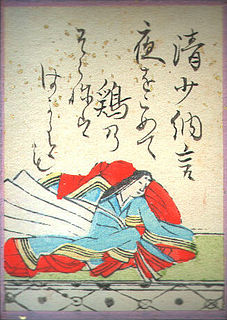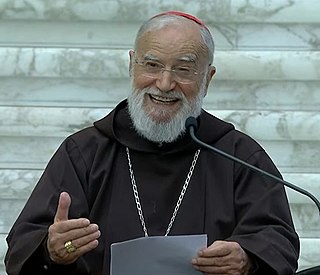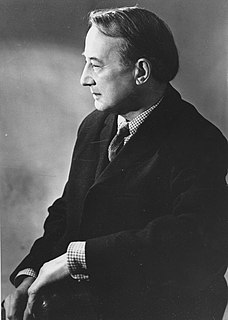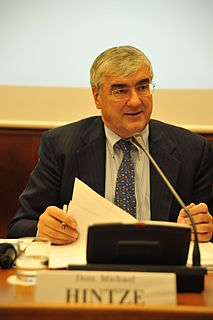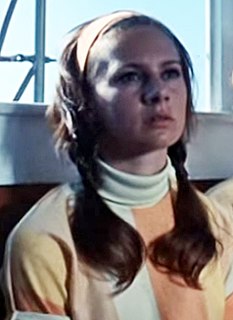A Quote by Peter Ackroyd
You don't have to be brought up in a grand house to have a sense of the past, and I truly believe that there are certain people to whom or through whom the territory - the place, the past - speaks.
Related Quotes
It is true that not even Christ is seen, but he exists; he is risen, he is alive, he is close to us, more truly than the most enamored husband is close to his wife. Here is the crucial point: to think of Christ not as a person of the past, but as the risen and living Lord, with whom I can speak, whom I can even kiss if I so wish, certain that my kiss does not end on the paper or on the wood of a crucifix, but on a face and on the lips of living flesh (even though spiritualized), happy to receive my kiss.
It seems to me that the dedication of a library is an act of faith. To bring together the resources of the past and to house them in buildings where they will be preserved for the use of men and women in the future, a nation must believe in three things. It must believe in the past. it must believe in the future. It must, above all, believe in the capacity of its own people so to learn from the past that they can gain in judgment in creating their own future.
It is not the literal past that rules us, save, possibly, in a biological sense. It is images of the past. Each new historical era mirrors itself in the picture and active mythology of its past or of a past borrowed from other cultures. It tests its sense of identity, of regress or new achievement against that past.
Politics I take to be the activity of attending to the general arrangements of a set of people whom chance or choice have brought together. In this sense, families, clubs, and learned societies have their 'politics'. But the communities in which this manner of activities is pre-eminent are the hereditary co-operative groups, many of them of ancient lineage, all of them aware of a past, a present and a future, which we call states.
He that outlives a wife whom he has long loved, sees himself disjoined from the only mind that has the same hopes, and fears, and interest; from the only companion with whom he has shared much good and evil; and with whom he could set his mind at liberty, to retrace the past or anticipate the future. The continuity of being is lacerated; the settled course of sentiment and action is stopped; and life stands suspended and motionless.
The Poor Man whom everyone speaks of, the Poor Man whom everyone pities, one of the repulsive Poor from whom charitable souls keep their distance, he has still said nothing. Or, rather, he has spoken through the voice of Victor Hugo, Zola, Richepin. At least, they said so. And these shameful impostures fed their authors. Cruel irony, the Poor Man tormented with hunger feeds those who plead his case.
But the past does not exist independently from the present. Indeed, the past is only past because there is a present, just as I can point to something over there only because I am here. But nothing is inherently over there or here. In that sense, the past has no content. The past - or more accurately, pastness - is a position. Thus, in no way can we identify the past as past


